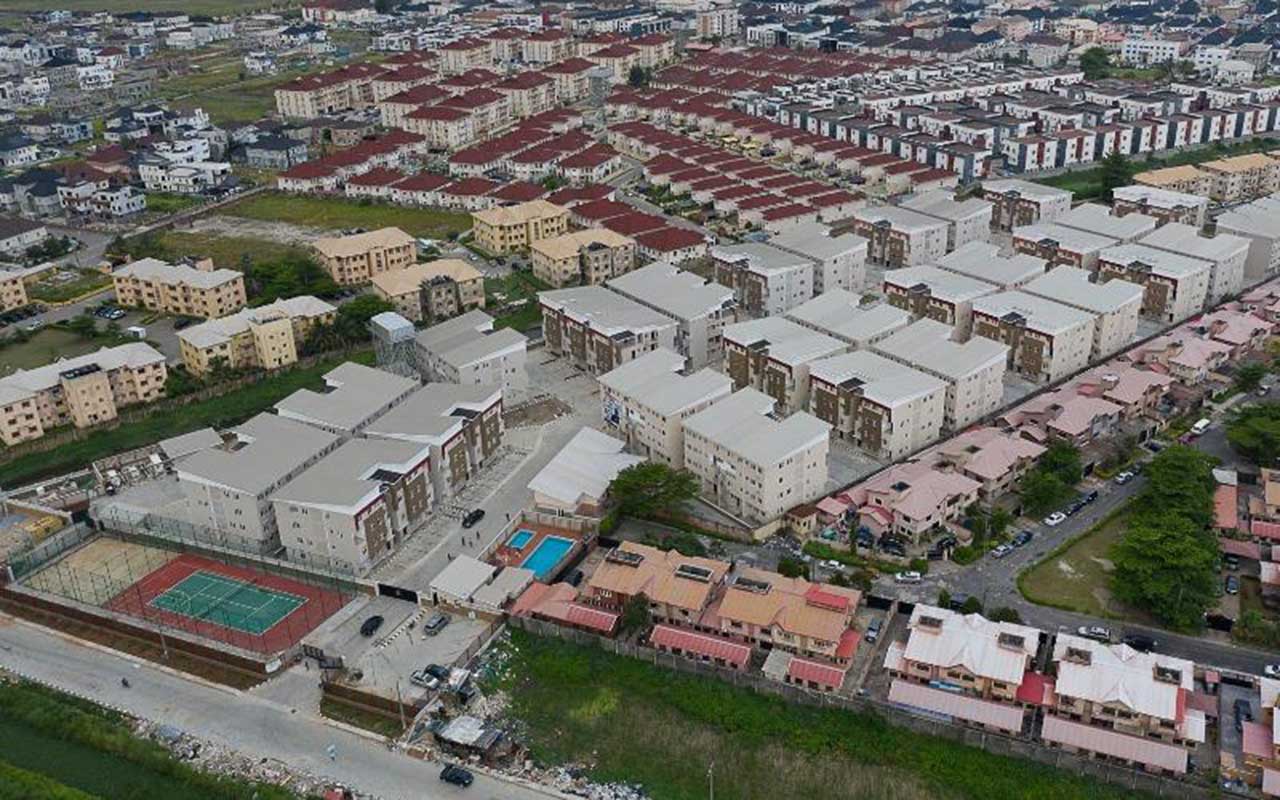Stakeholders in Africa’s real estate and property management sector have called for stronger collaboration and increased investment in technology-driven systems to enhance community living and facility management across the continent.
The call was made during the maiden edition of the Real Estate Management in Africa Conference (REMA) 2025, held in Lagos, with the theme “Structures Beyond Buildings.”
Speakers at the conference agreed that the real estate sector in Africa is entering a new era, one driven not just by physical infrastructure, but by data, digital management systems, and community intelligence.
They stressed that future-ready estates must adopt tools that promote transparency, energy efficiency, and seamless communication between residents and managers.
Speaking at the event, the Convener and Chief Executive Officer of Venco Africa, Chude Osiegbu, urged players in the sector to look beyond physical construction and focus on the operational structures that sustain efficient communities in a rapidly digitalising world.
“Typically, when you have real estate events, the focus is on developers and construction. We felt that those operating and managing communities are not getting their fair hearing. That realisation inspired the creation of REMA to provide a forum for operators, stakeholders, and residents to exchange ideas and learn from each other,” Osiegbu said.
He noted that fast-growing cities such as Lagos, Nairobi, Abuja, Port Harcourt, and Accra are expanding into new residential and commercial collectives that require advanced digital tools for effective management.
“People are living more in collectives under central management. In this digital and AI era, those who manage these communities must increasingly rely on technology to make life easier,” he added.
While acknowledging that the adoption of digital systems often comes with challenges, Osiegbu emphasised that the benefits of digitisation far outweigh the initial setbacks.
According to Osiegbu, the broader vision of REMA is to foster collaboration between property owners, managers, and technology innovators, enabling African cities to leapfrog traditional systems and build smarter, more sustainable communities.
“The future of real estate management is digital,” he concluded. “Technology is not just an add-on, it’s the backbone of livable, efficient, and sustainable communities.”
The President of the Nigeria PropTech Association, Dr Roland Igbinoba, who moderated a panel discussion on “The Digital Future of African Communities,” re-echoed Osiegbu’s call for deeper digital integration in housing and facility management.
Managing Director of Haven Homes Nigeria, Ufuoma Ilesanmi, said technology has evolved into a critical selling point in real estate development. “Ten years ago, when we introduced smart home features, people didn’t see the need. Today, homes with digital systems sell almost twice as fast. Buyers now demand smart access, energy monitoring, and app-based security,” she said.
Similarly, the Head of Technical Management at UPDC FM Ltd, Chijioke Akanno, described technology as a game-changer in facility management.
“Access control used to take several minutes, with guards calling residents to verify visitors. Now, it takes less than 30 seconds with digital QR codes. Apps have made it easier to manage power, payments, and complaints, while enhancing community transparency,” Akanno explained.
However, he stressed the need for stronger government involvement, especially in integrating digital systems like panic alarms or emergency alerts with responsive public infrastructure such as police and emergency services.
In another session, titled “Cost Management in Real Estate and Facility Management,” industry leaders emphasised the importance of planning, renewable energy integration, and smarter use of technology to cut costs and improve operations.
President of the International Facility Management Association (IFMA), Nigeria Chapter, Sheriff Daramola, identified energy as the single biggest cost driver in estate operations. “Energy remains the biggest cost component in managing communities,” he said. “We must integrate renewable solutions like solar and hybrid systems from the design stage.”
Daramola noted that many estates restrict residents from installing personal solar systems due to design flaws, urging developers to incorporate shared renewable energy models from inception.






